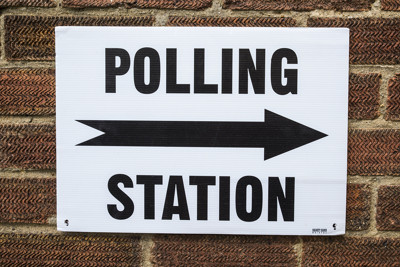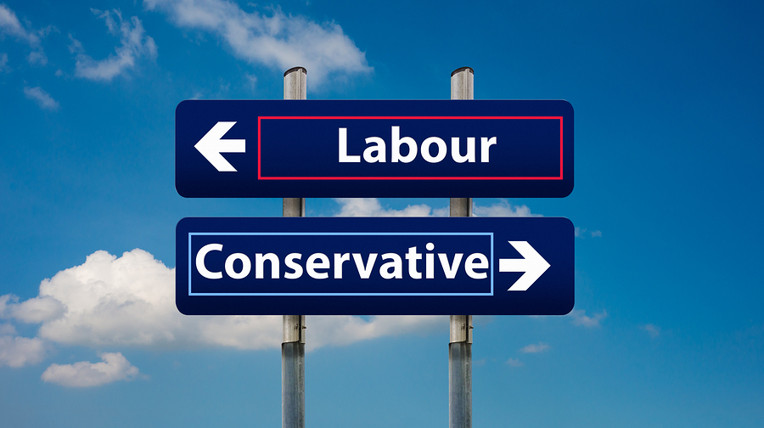 It’s official: there will be a General Election in the UK on Thursday December 12, pending royal approval.
It’s official: there will be a General Election in the UK on Thursday December 12, pending royal approval.
Boris Johnson will put his job as prime minister on the line as he tackles Labour, the Liberal Democrats, the Brexit Party and others in the race to 10 Downing Street.
In many ways, this is the most decisive General Election in decades. A strong showing for the Conservatives and/or the Brexit Party will confirm, in lieu of a second referendum, that the electorate wants the EU divorce plan to be completed as soon as possible – and by any means necessary.
But strong showings from Labour and the Lib Dems would hint that the voting public has had something of a change of heart, with support for the Remain parties perhaps being enough to give the while sordid affair something of a rethink.
Of course, in an ideal world, the electorate would take into account other important topics, such as the state of the NHS, the dwindling education budget and the lack of economic growth that is blighting many towns and cities across the UK.
But, in reality, this is a war that will be waged with one battle cry in mind: Brexit, or not to Brexit, that is the question.
General Election Betting Odds
The bookmakers have spoken, and according to their prices this is very much a one-horse race, especially as far as the Most Seats is concerned:
| Party | Most Seats | Overall Majority |
|---|---|---|
| Conservative | 1/7 | 5/6 |
| Labour | 6/1 | 14/1 |
| Liberal Democrat | 20/1 | 40/1 |
| Any Other | 45/1 | 80/1 |
| No Majority | – | Evens |
Of course, the bookies have gotten these thing wrong in the past, with Paddy Power paying out early on Hilary Clinton winning the last US Presidential race and Remain being an odds-on favourite in the EU referendum.
And with six weeks of campaigning ahead, there is still plenty of time for those prices to change.
Divided Loyalties Give Conservatives the Edge

There is a betting market that is far more interesting to punters than the Most Seats category.
In the Overall Majority market, we’re looking for one party to win the 326 seats needed for a majority in the Commons.
In the 2017 election, the Conservatives were just eight shy on 318.
Plenty has changed since then, and of course there will be plenty of protest voting due to Brexit – both on the left and the right of the political spectrum.
But if we take a look at the bigger picture here, we remember Theresa May was at her lowest ebb during that polling two years ago. She was an unpopular leader that went to the polls at a time when her grasp at the helm of her own party was diminished.
So the fact she went on to miss out on a majority by a handful of seats is indicative of how far away Labour and the other parties really are right now.
Boris Johnson, while not everyone’s cup of tea, is generally considered more popular among the electorate than his predecessor, and while he was unable to complete Brexit by the Halloween deadline – as he had prescribed – he has made significant strides on getting a deal done while all around him have failed.
The Remain protest vote will be split fairly equally between Labour and the Lib Dems, unless they enter some kind of pact very soon, and that will clear a path for Boris to sweep his way to a comfortable majority.
As such, the odds of 5/6 from the bookies on that very eventuality are mouth watering indeed.
